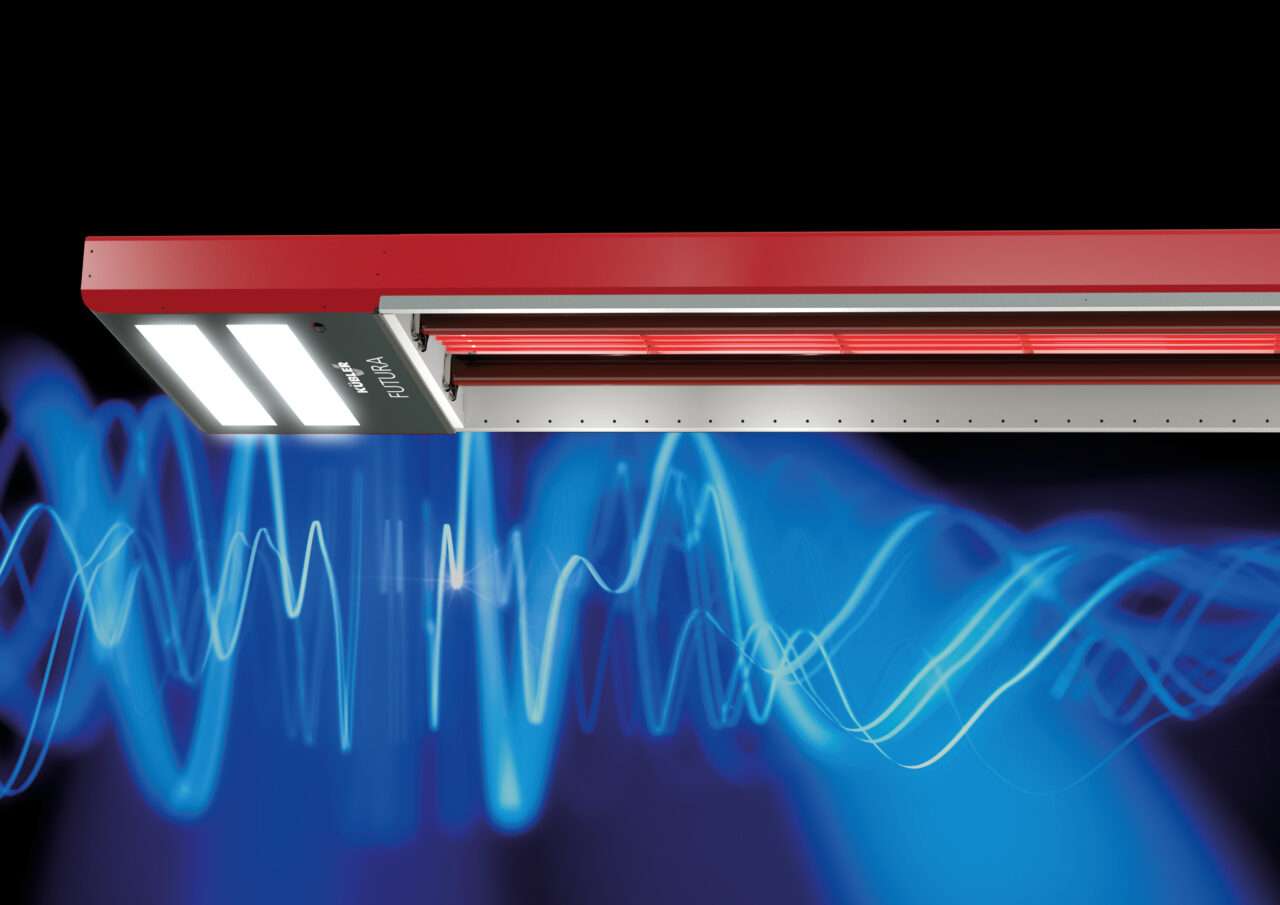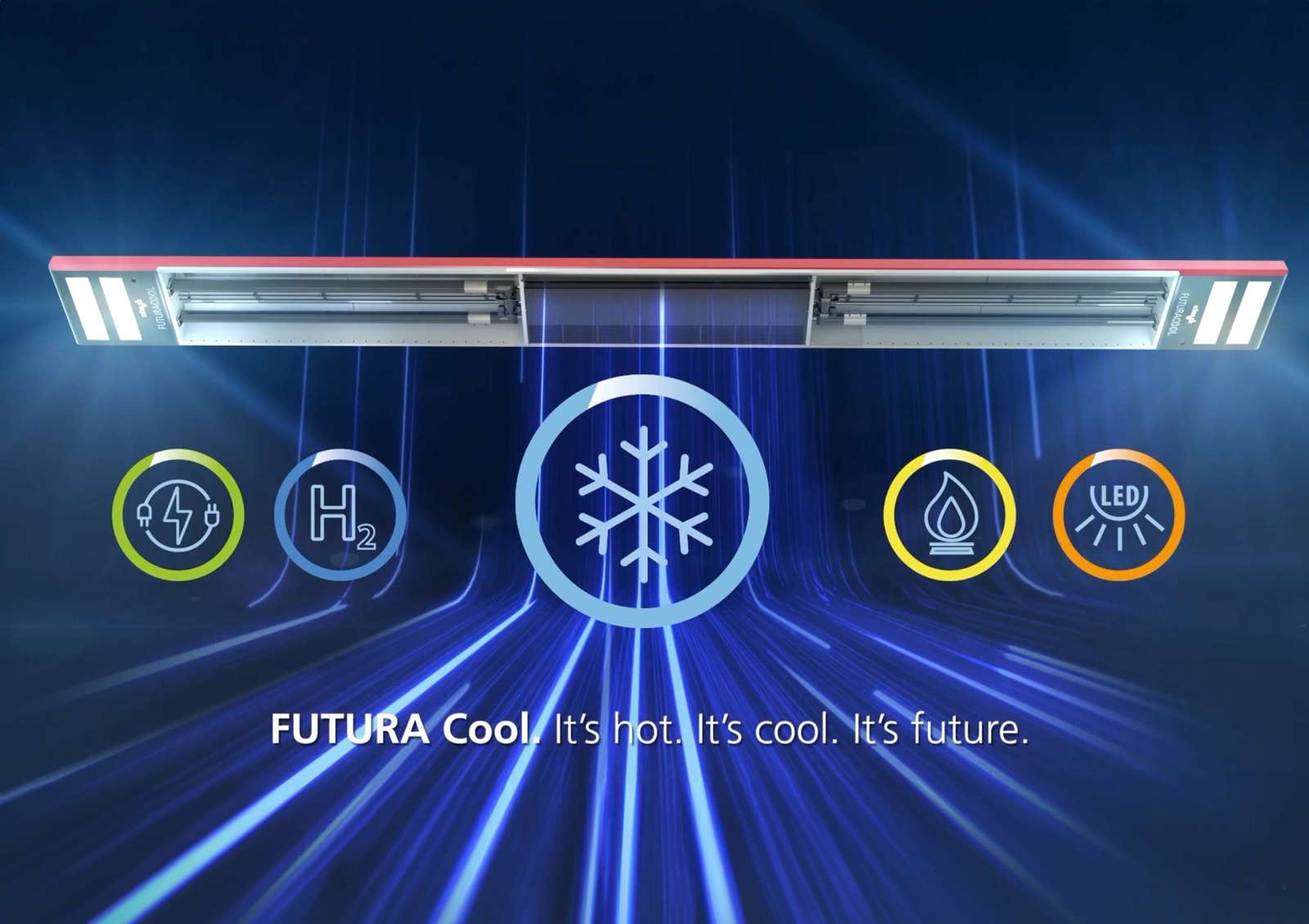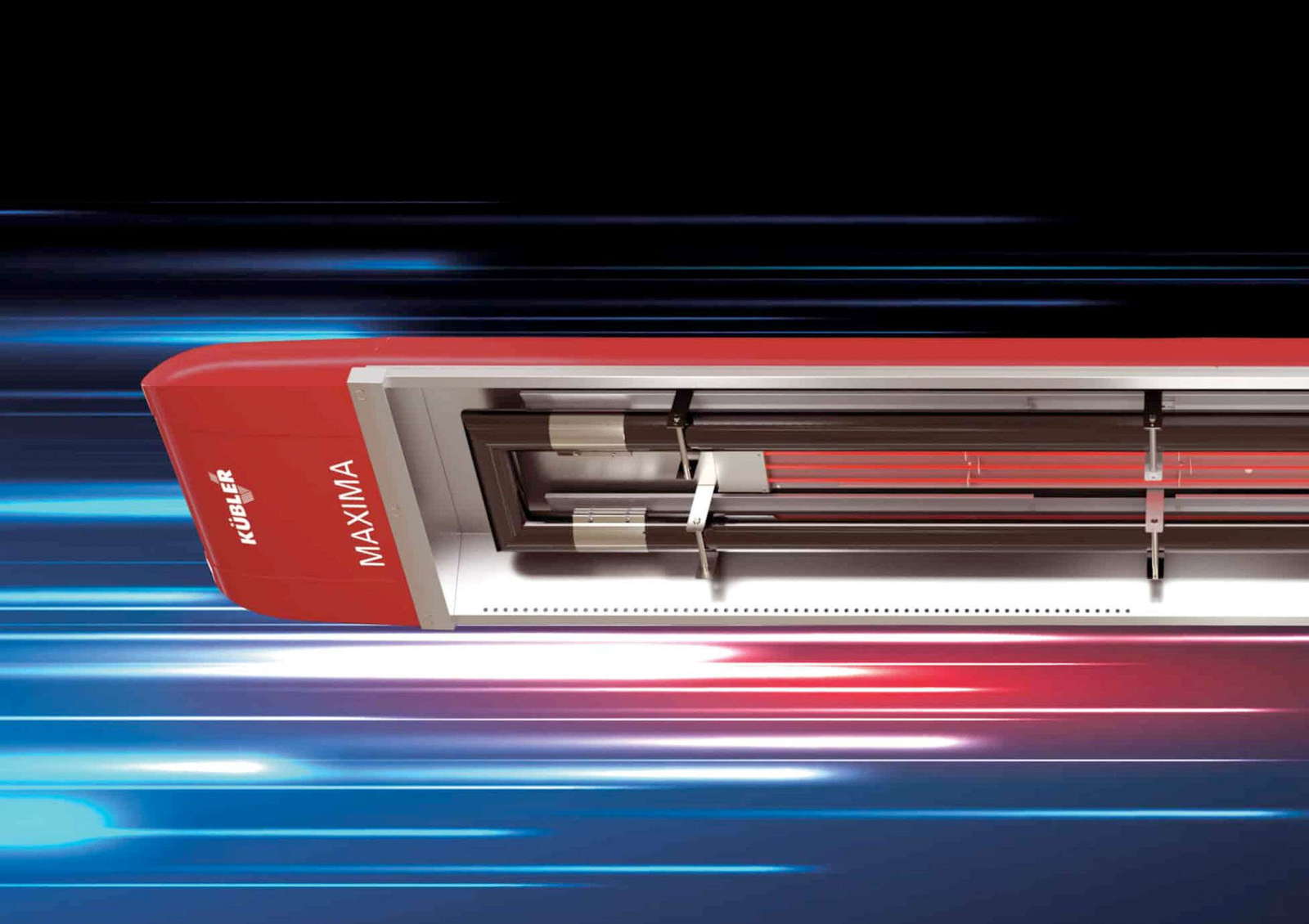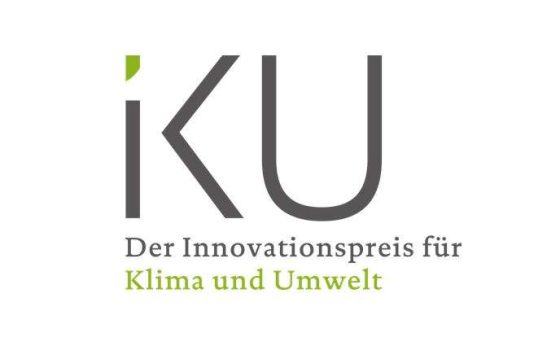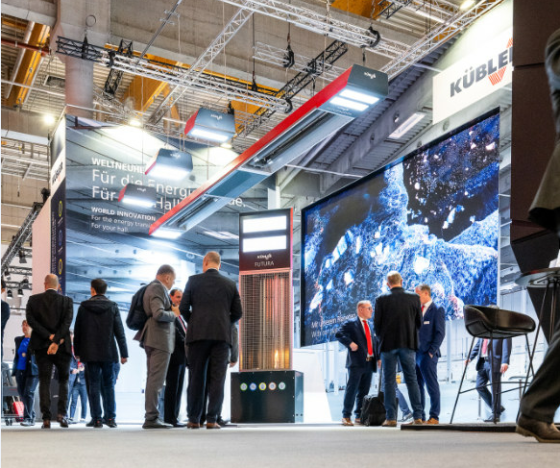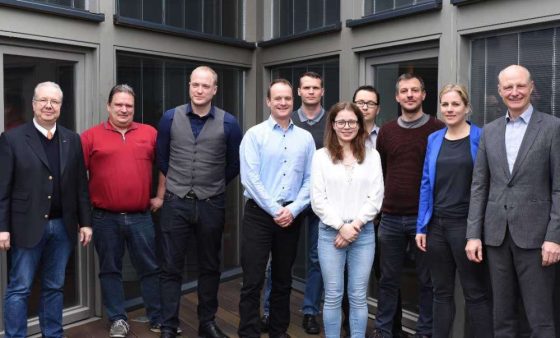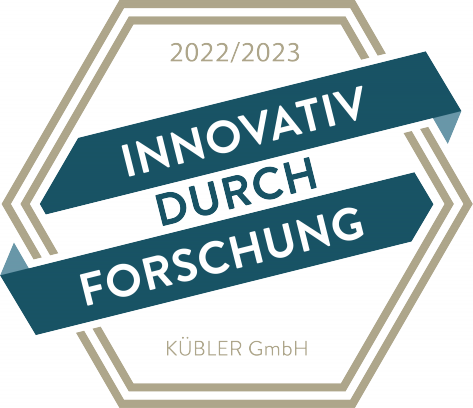The end of the chaos - Bundestag passes Building Energy Act (GEG)
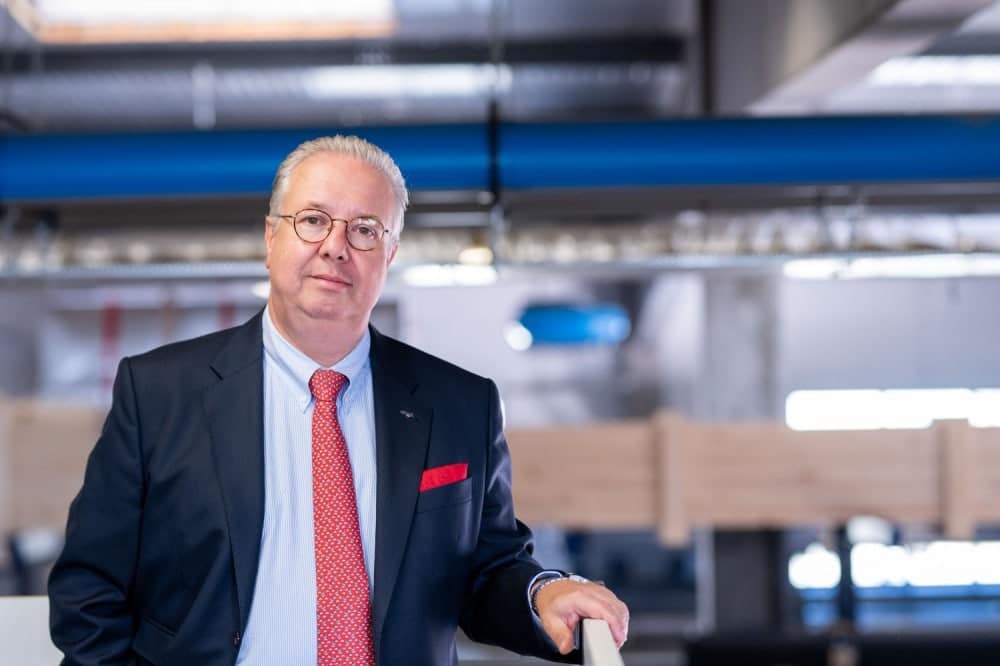
THE END OF THE CHAOS - FEDERAL PARLIAMENT PASSES BUILDING ENERGY ACT
"This is really good news for building owners, especially in the new build sector. The GEG finally takes into account energy-efficient technologies that can do more and are more economical at the same time."
says Thomas Kübler, Managing Partner of KÜBLER GmbH. With the new law, heating technologies can now also be used without any problems, which are clearly superior not only in terms of energy efficiency but also in terms of ease of use." In addition, there is another welcome effect: "From an overall economic perspective, operators of hall buildings now have many more design options at their disposal to realize energy efficiency in their companies. And at significantly lower investment costs".
For years, affected companies and associations have been fighting for the revision of the EEWärmeG. The criticism of this is that the wording of the law simply overlooked the special physical building conditions of rooms with a ceiling height of over 4 m and therefore focused on hydraulic systems, which are significantly less efficient and suitable here.
"With the GEG, we finally have a regulation that is open to all technologies and no longer excludes highly efficient systems that are tailored to the specific requirements of large-scale heating simply because the designers have worked in an undifferentiated manner."
says KÜBLER. The guiding principle "Efficiency first" is finally gaining in importance. Specifically, when the GEG comes into force, decentrally heated halls (zones) with room heights > 4 m will be exempt from the obligation to use renewable energies to cover heating and cooling energy requirements.
What's next? The draft bill to standardize energy-saving legislation for buildings was adopted by the Bundestag on 18 June 2020 with the votes of the CDU/CSU and SPD based on the recommendation of the Committee for Economic Affairs and Energy. There were no significant changes compared to the draft bill from January 2020. However, the abolition of the PV cap and the opened innovation clause (e.g. for hydrogen) should be highlighted. In the next step, the law must now be sent back to the Bundesrat and signed by the Federal President. After publication in the Federal Law Gazette, the GEG comes into force. EnEV and EEWärmeG will then be history.
-
HeizWerk is the name of a new, very economical and easy-to-implement service concept and means in a nutshell: "Renting hall heat". For the first time, this offers operators of hall buildings an alternative to investing in modern, energy-saving hall heating technology. The big advantage is that the user incurs no investment costs, no depreciation expenses and no significant personnel and [...]
-
How can the heating challenges of hall buildings be mastered in the energy transition? The answer to this question inspired many trade fair visitors and gave hope for a pragmatic, technologically sensible and at the same time very economical solution to the 65%-EE question. In Hall 12.1 B19, the innovation leader for highly efficient infrared heaters presented three groundbreaking world firsts: FUTURA, FUTURA cool and MAXIMA E-Hybrid.
-
55 percent less CO2 emissions by 2030, 80 to 95 percent by 2050 - these are the German government's targets for the building sector. In addition to residential and office buildings, there is also a great need for industrial buildings (production halls, etc.). In this area, the heating systems from the Ludwigshafen-based infrared specialist KÜBLER already meet the requirements of the next decade. A joint research project between KÜBLER and the Technical University of Kaiserslautern entitled InfraEff now promises the decisive innovative step on the 2050 stage. Supported and funded by the Federal Ministry of Education and Research - BMBF. The cooperation partners met in Ludwigshafen on March 13 to kick off the project.
-
For more than 30 years, KÜBLER has been one of the pioneers of energy-saving hall heating systems. With energy savings of up to 70 % and many other advantages, KÜBLER infrared heaters are considered the golden standard in hall buildings with high ceilings. The company regularly receives awards for its developments. On behalf of the Federal Ministry of Education and Research, the well-known [...]
